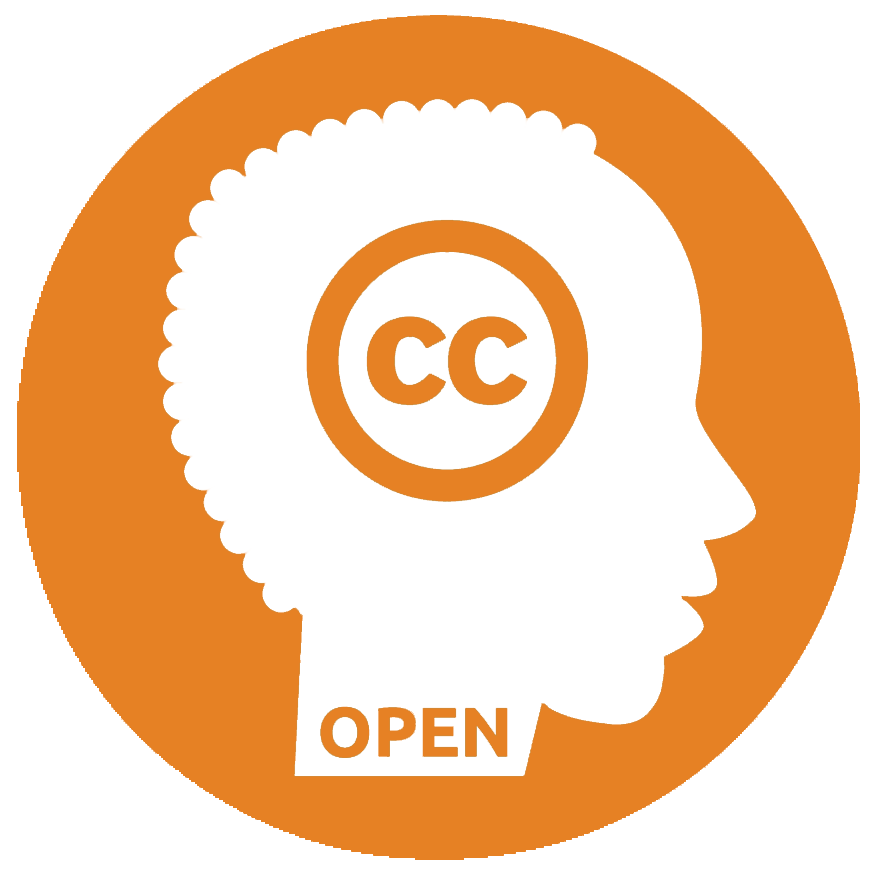Dynamic Geometry Software Improves Mathematical Achievement: Systematic Review and Meta-Analysis
Resource type
Journal Article
Authors/contributors
- Chan, Kan Kan (Author)
- Leung, Siu Wai (Author)
Title
Dynamic Geometry Software Improves Mathematical Achievement: Systematic Review and Meta-Analysis
Abstract
Dynamic geometry software (DGS) aims to enhance mathematics education. This systematic review and meta-analysis evaluated the quasi-experimental studies on the effectiveness of DGS-based instruction in improving students’ mathematical achievement. Research articles published between 1990 and 2013 were identified from major databases according to a prespecified search strategy and selection criteria. A meta-analysis was conducted based on the random-effects model to evaluate the effectiveness of DGS-based instruction in terms of standardized mean differences (SMD) of achievement test scores as outcome measures. Nine quasi-experimental DGS studies with 587 participants were eligible. The overall effect size of DGS-based instruction on achievement scores (i.e., SMD) was distinctive (SMD, 1.02; 95% CI: 0.56–1.48) compared to traditional instruction. Subgroup analysis found some groups to have better effectiveness, for example, short-term instruction with DGS significantly improved the mathematical achievement of elementary school students.
Publication
Journal of Educational Computing Research
Volume
51
Issue
3
Pages
311-325
Date
10/2014
Journal Abbr
Journal of Educational Computing Research
Language
en
ISSN
0735-6331, 1541-4140
Short Title
Dynamic Geometry Software Improves Mathematical Achievement
Accessed
27/09/2022, 11:40
Library Catalogue
DOI.org (Crossref)
Citation
Chan, K. K., & Leung, S. W. (2014). Dynamic Geometry Software Improves Mathematical Achievement: Systematic Review and Meta-Analysis. Journal of Educational Computing Research, 51(3), 311–325. https://doi.org/10.2190/EC.51.3.c
Outcome measure
Instructional domain (subject)
Education Level and Type
School or home
Moderating variables
Tech mechanism
Learning Approach
Teacher Pedagogy
Research methods
Effect size/ heterogeneity
HIC/LMIC
Quality of research
Link to this record

